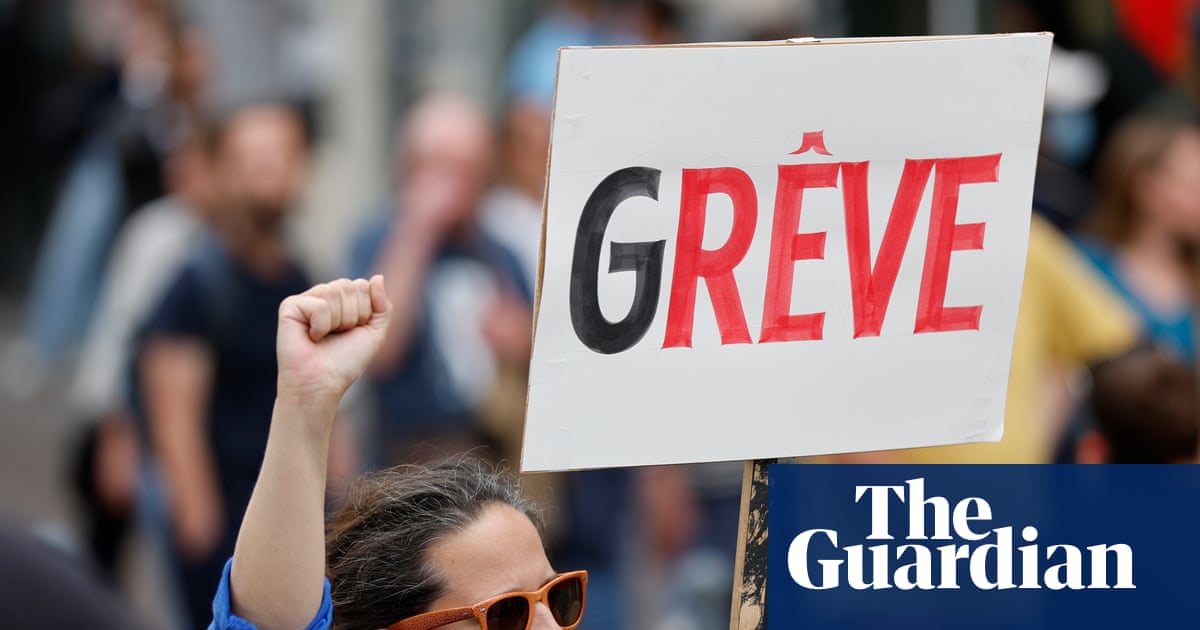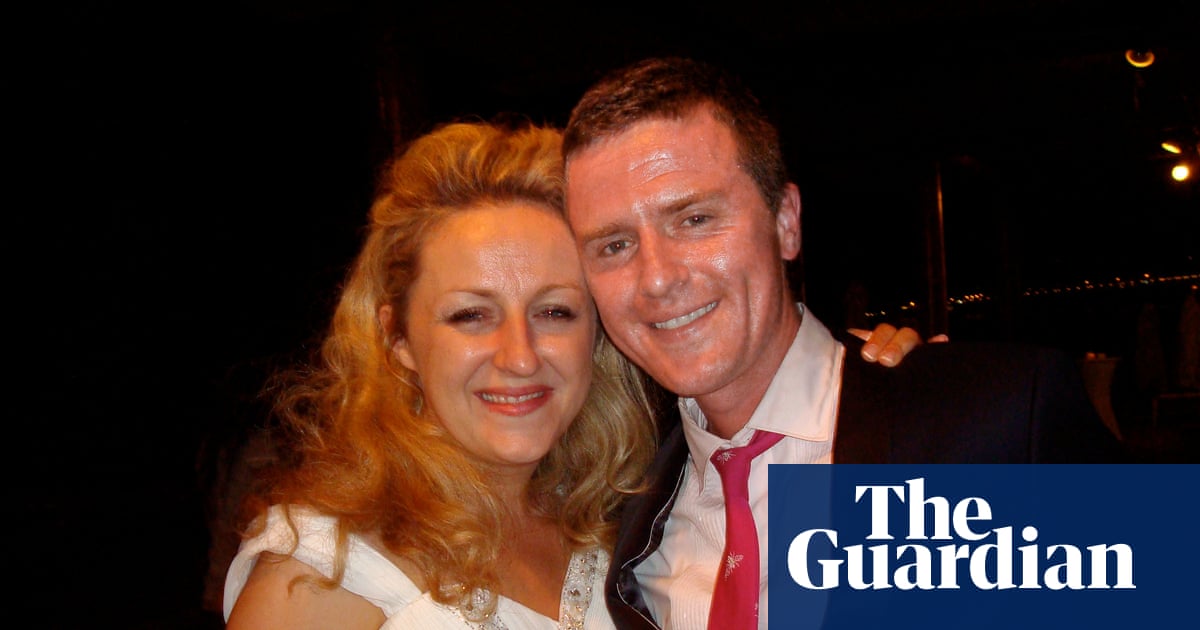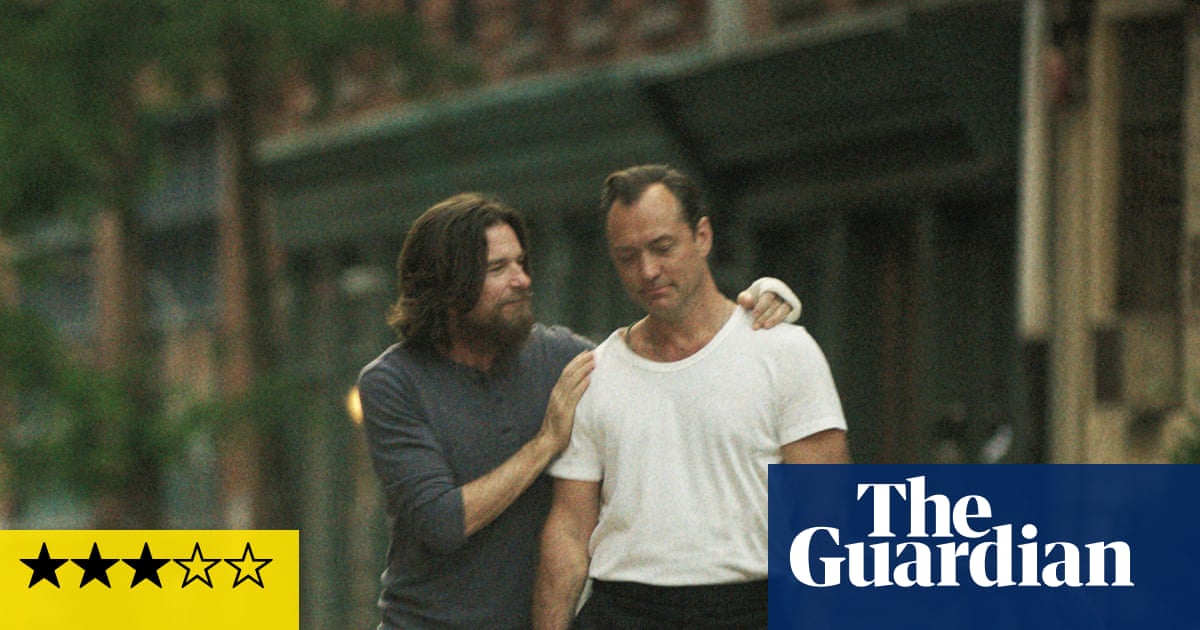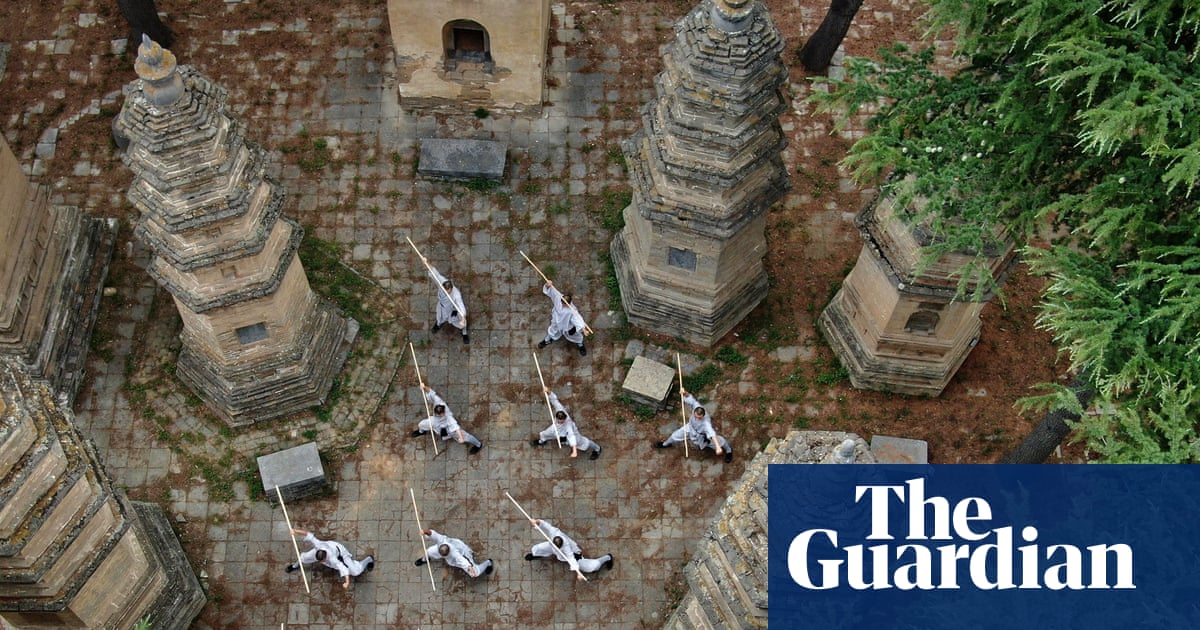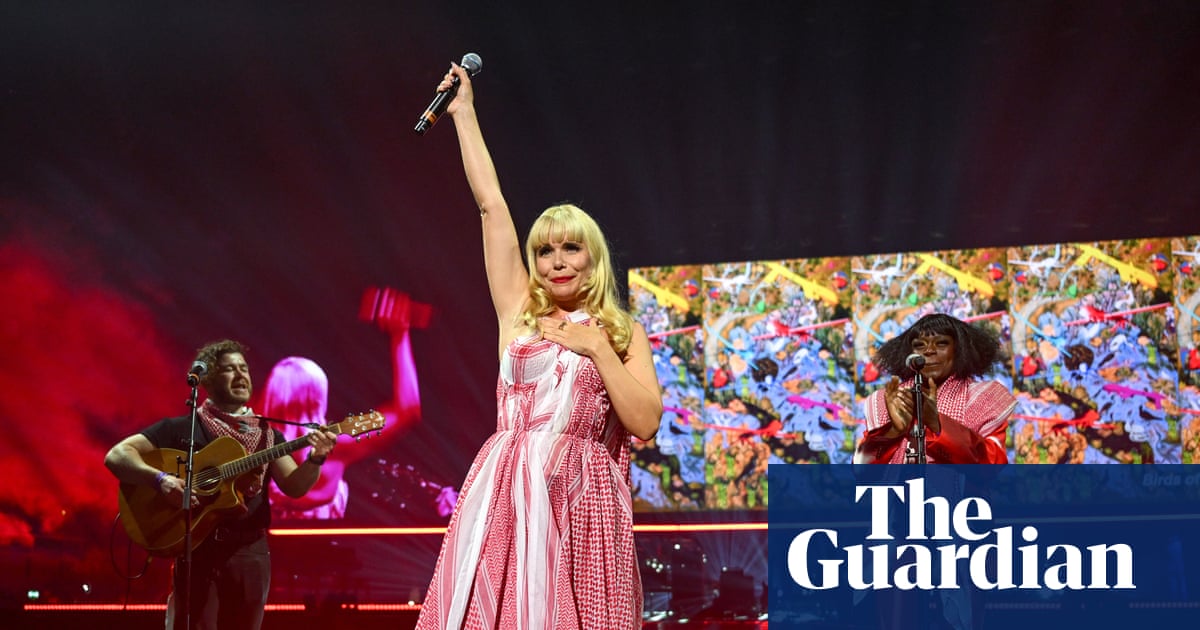Gounod’s Faust is one of those operas – readers may wish to nominate their own candidates – that one does not wish to see too often. Yes, Faust has celebrated musical moments which are a pleasure to hear sung well. Yes, Gounod’s score eventually becomes more interestingly chromatic as the denouement nears. And yes, David McVicar’s darkly gothic production, now with 21 years’ service on the clock, successfully removes it from Goethe’s intellectual shadow, turning Faust into a theatrically boisterous Parisian show reminiscent at times of Les Mis or Moulin Rouge.
McVicar’s production is revived, amid Charles Edwards’s towering Second Empire sets, by Peter Relton. You immediately grasp why this 1860s French setting is still one of Covent Garden’s most bankable productions. Yet, for all its mix of panache and musical charms, well marshaled under Maurizio Benini’s experienced direction in the pit, Faust struggles to hold the attention, not least because of the final act ballet that Gounod added a decade after the 1859 premiere.
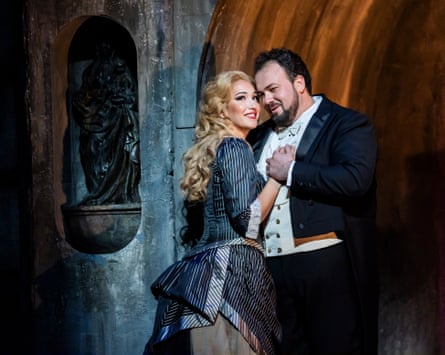
In the end, Faust still depends on singers who can make Gounod’s beguiling music convincing. Over the years, Covent Garden has relied on a steady stream of notables in the roles on which the work’s reputation rests – the restless Faust, the devil Méphistophélès to whom he sells his soul, and the innocent Marguerite whom Faust seduces. There have been exceptional singers of the roles of Valentin and Siébel too. This production, for instance, launched in 2004 with Roberto Alagna, Bryn Terfel and Angela Gheorghiu.
The current cast cannot match that vocal star power. That’s particularly obvious in the case of Stefan Pop in the title role, whose singing rarely ascends above the level of reliably solid. Making Faust either believable or sympathetic is tough, and while Pop undoubtedly has the stamina for a demanding role, the voice offers little in the way of elegant tenorial phrasing and grace, while his diction is muddy and his acting minimal.
As so often, it is Méphistophélès who commands the attention whenever he is involved, and Adam Palka, deputising impressively for the originally announced Erwin Schrott, has both voice and stage presence to do so most of the time. Boris Pinkhasovich’s big baritone gives a reliable rendering of Valentin’s famous aria in act two, though nuanced it is not. Hongni Wu is an attractively bright voiced Siébel. But it is left to Carolina López Moreno’s Marguerite, the opera’s most interesting role, to bring real vocal distinction to the evening. After a suitably demure start, López Moreno brought contrasts of mood and tone to Marguerite’s ballad, followed by a pinpoint bright Jewel Song before impressively dominating the tragic (though simultaneously banal) final trio.

 3 months ago
139
3 months ago
139





